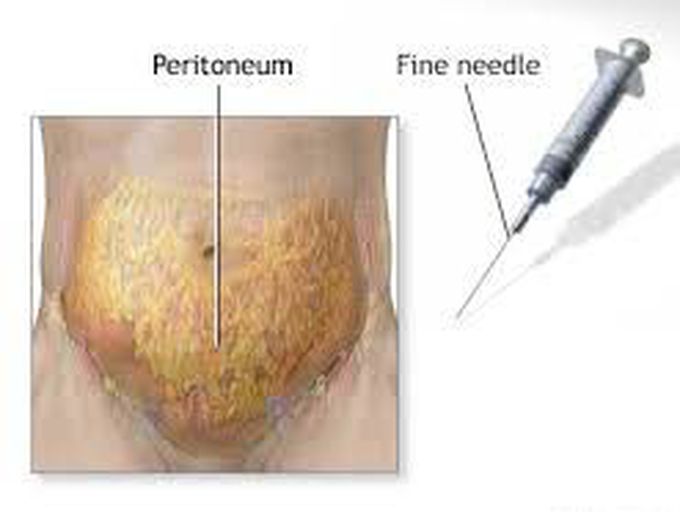


Treatment for peritonitis
Treatment Spontaneous bacterial peritonitis can be life-threatening. You'll need to stay in the hospital. Treatment includes antibiotics and supportive care. You'll also need to stay in the hospital for peritonitis that's caused by infection from other medical conditions (secondary peritonitis). Treatment may include: Antibiotics. You'll likely be given a course of antibiotic medication to fight the infection and prevent it from spreading. The type and duration of your antibiotic therapy will depend on the severity of your condition and the kind of peritonitis you have. You may be given an antibiotic that treats a wide spectrum of bacteria until doctors have more information about the specific bacteria causing your infection. Then they can more narrowly target your antibiotic. Surgery. Surgery is often needed to remove infected tissue, treat the underlying cause of the infection, and prevent the infection from spreading, especially if peritonitis is due to a ruptured appendix, stomach or colon. Other treatments. Depending on your signs and symptoms, your treatment while in the hospital will likely include pain medications, fluids given through a tube (intravenous fluids), oxygen and, in some cases, a blood transfusion. If you're undergoing peritoneal dialysis If you have peritonitis, your doctor may recommend that you receive dialysis in another way for several days while your body heals from the infection. If peritonitis persists or recurs, you may need to stop having peritoneal dialysis entirely and switch to a different form of dialysis.

